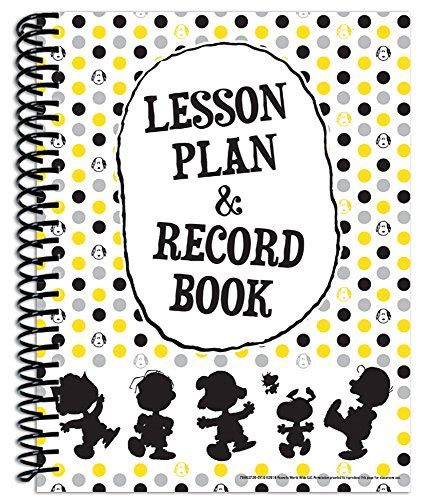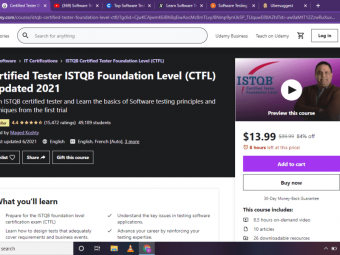This page provides an overview of the things to consider if you are thinking about applying to train as a pharmacist, what you can expect during training and your next steps after training.
Pharmacists are experts in medicines and how they are used. Most work in hospital pharmacy, community pharmacy (for example high street chemists) and primary care pharmacy.
Entry requirements will vary depending on the university so check with the universities.
The first step to becoming a pharmacist is to take a Master’s degree (MPharm) course in pharmacy accredited by the General Pharmaceutical Council (GPhC). You can search for GPhC-accredited courses using our course finder.
Applications for courses are made through UCAS.
Entry requirements for pharmacy degree courses vary because each university sets its own entry criteria, but you are likely to need three A-levels or equivalent qualifications at level 3, plus supporting GCSEs. Contact universities directly to find out whether qualifications equivalent to A-levels or GCSEs are acceptable.
You need to aim for as high grades at A-level or equivalent as possible. Courses specify certain subjects such as chemistry, and perhaps biology or another science subject, or maths.
Universities will normally expect you to attend an interview. You will also need to demonstrate that you have found out about the role of a pharmacist and understand what the work involves. This is possible through relevant experience. Experience in any healthcare setting is useful but if you can gain it in a pharmacy, so much the better. Work experience placements can be difficult to find, so alternatives would be to shadow a pharmacist or talk to a pharmacist about their role. Find out exactly what is required for your chosen courses and get organised as soon as possible.
The UCAS website allows you to search for courses and view entry requirements. More detailed information about specific courses can be found in university prospectuses and on their websites.
An alternative route into pharmacy is to take an accredited foundation degree and (if successful) progress to the second year an MPharm degree.
If you’re applying for a university programme leading to a role providing NHS healthcare, you’ll be asked to show how you think the NHS values would apply in your everyday work.
Find out more about NHS values .
Accredited pharmacy degree courses last for four years although there are a couple of five-year sandwich courses which include a year in the workplace. The course combines learning theory with gaining practical skills.
Courses cover:
Accredited courses must meet the GPhC’s standards but programmes vary in their content, the way they are structured, and how they are taught and assessed. The facilities available and amount of support and supervision may also differ from course to course. Find out more by looking at university websites and prospectuses, attending university open days and contacting admissions staff.
Support at university
See our information about the support available while on your course.
After passing your MPharm degree, to register with the GPhC and practice as a pharmacist, you must:
Job vacancies for qualified pharmacists are advertised on the NHS Jobs website and elsewhere. General information on looking for work can be found in the Career planning section and under Looking for a job.
Once registered as a pharmacist, you can progress from one grade or band to another and, in community pharmacy, self-employment is an option. You’ll need some experience first, but you can specialise in certain aspects of the work, such as providing information on medicines or radiopharmacy. You can also train as an independent prescriber.
To remain registered with the GPhC you have to maintain its set standards. This includes taking part in continuing professional development (CPD).
Hear what our staff have to say about their NHS careers
Read inspiring stories from our staff
Download resources to help you with your career decisions
Access a range of support and resources for the classroom
 Four Paws Wee Wee Pee Pads For Dogs And Puppies Training L Gigantic Xl St
Four Paws Wee Wee Pee Pads For Dogs And Puppies Training L Gigantic Xl St
 Pny 128gb Elite X Class 10 U3 V30 Microsdxc Flash Memory Card 100mbs
Pny 128gb Elite X Class 10 U3 V30 Microsdxc Flash Memory Card 100mbs
 Academy Of Beasts V Shifter Romance
Academy Of Beasts V Shifter Romance
 Beast Academy 5a Practice
Beast Academy 5a Practice
 32gb Class 10 Sdhc Flash Memory Card Standard Full Size Sd Card Ush I U
32gb Class 10 Sdhc Flash Memory Card Standard Full Size Sd Card Ush I U
 Go Power F 200 Class T 200 Amp Slow Blow Fuse Silver
Go Power F 200 Class T 200 Amp Slow Blow Fuse Silver
 Blue Sea Systems 5116 Fuse A3tclass T 200a
Blue Sea Systems 5116 Fuse A3tclass T 200a
 Eureka Peanuts Classic Characters Deco Kit 840227
Eureka Peanuts Classic Characters Deco Kit 840227
 Eureka Peanuts Geometric Back To School Classroom Supplies Record And Less
Eureka Peanuts Geometric Back To School Classroom Supplies Record And Less
 Marathon Revised And Updated 5th Edition The Ultimate Training Guide Advice
Marathon Revised And Updated 5th Edition The Ultimate Training Guide Advice
 La Bella 413p Studio Classical Guitar Strings
La Bella 413p Studio Classical Guitar Strings
 12 Easy Classical Masterpieces For Solo Guitar Complete Classical Guitar Arran
12 Easy Classical Masterpieces For Solo Guitar Complete Classical Guitar Arran














